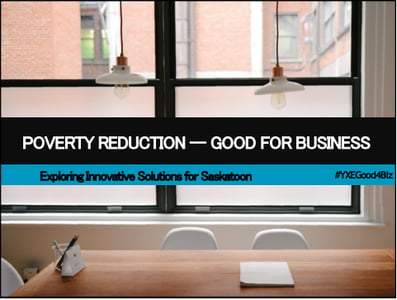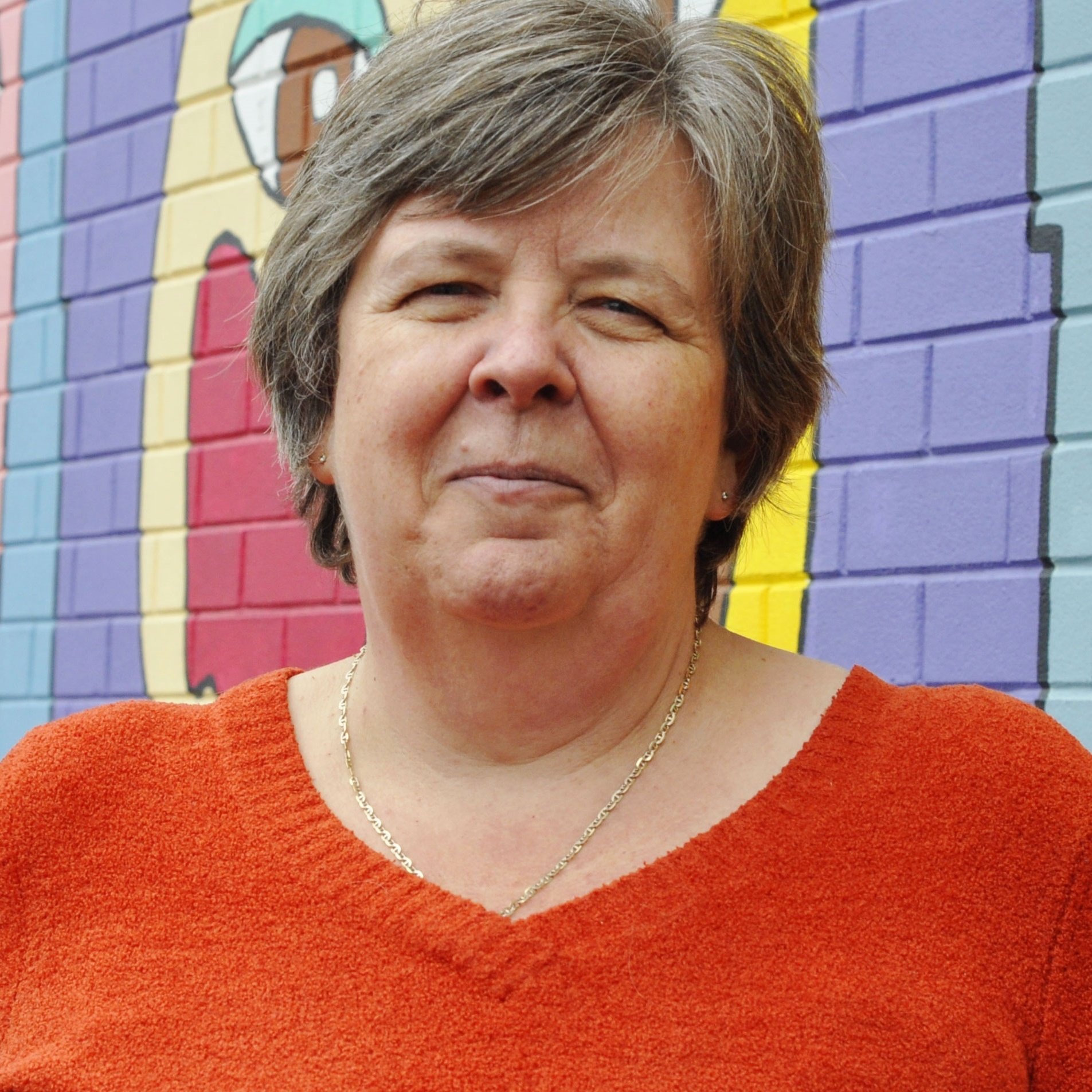There have been a number of reports published in Ontario, Alberta and Saskatchewan about the costs of poverty. We can determine the net impact on the GDP from maintaining a persistent level of poverty in Canada. But beyond the net costs, there are the moral and ethical costs that happens when high levels of inequality happen in our communities.
 This was the focus of a gathering in Saskatoon held on May 25, 2015. Those gathered in the room, business and community leaders, learned that, while Saskatchewan is ahead of the rest of Canada with lower levels of poverty, the wealth created from a thriving economy is not being evenly distributed. They also heard about the challenges facing the province including increased costs, higher rates of poverty amongst First Nations peoples and new immigrants. The power point included with this blog paints a good new and bad news scenario.
This was the focus of a gathering in Saskatoon held on May 25, 2015. Those gathered in the room, business and community leaders, learned that, while Saskatchewan is ahead of the rest of Canada with lower levels of poverty, the wealth created from a thriving economy is not being evenly distributed. They also heard about the challenges facing the province including increased costs, higher rates of poverty amongst First Nations peoples and new immigrants. The power point included with this blog paints a good new and bad news scenario.
The gathering also learned that there is growing momentum in Canada to do something about this issue. There are 9 provinces and 3 territories with emergent or existing poverty strategies including Saskatchewan. Over 100 cities in Canada have formed place-based multi-sector roundtables to develop local solutions. Governments, business leaders, community benefit organizations and citizens are collaborating on innovative solutions to deal with the complex nature of poverty and to move the needle on this issue.
Challenges like poverty need more than single sector solutions. They need the engagement and levers that leaders in all sectors can bring. Business is an important part of the solution to poverty. In Vibrant Communities, business leadership has been pivotal in creating direct benefits for citizens. Those gathered in Saskatoon are ready to take up this challenge. Are you?





